Authors: Aziz Ansari, Eric Klineberg
ISBN: 1-59420-627-9
APA Style Citation
Ansari, A and Klineberg, E. (2015). Modern Romance (an Investigation). Penguin; Random House.
| modernromanceactivity.pdf |
Ansari’s experience as a stand up comedian makes this book about how we find love an amusing read full of humorous anecdotes and revelations of his own dating mishaps. He does, however, work with sociologist Eric Klinenberg to be certain that he has data to support his musings on love. Klinenberg and Ansari conducted focus groups and interviews to determine how dating varied in different parts of the country, across generations, and in other countries.
Ansari opens with a description of a woman named Tanya with whom he had gone on a date and was interested in seeing again. He struggles with the decision of whether to call or text or send a smoke signal to her, but ultimately decides on texting (with a cute joke included) to see if she wants to meet up for dinner. He waits a few minutes, a few hours, and eventually a few days with no reply. This is the impetus Ansari needs to explore issues of dating and relationships in the modern world.
Ansari begins his exploration with interviews at senior centers to get a better idea of how people met, dated, and potentially married in the past. Most older people with whom Ansari spoke indicated that they met their significant other because they "lived in the same building" or "were friends of the family." 14 of the 36 people with whom Ansari spoke married someone who lived within walking distance of their childhood home. A study conducted by James Bossard at the University of Pennsylvania in 1932 reinforces these findings. The study found that one-third of all married couples lived within a five-block radius of each other before they got married. One in six lived on the same block, and one in eight lived in the same building.
Some of the women in these groups indicated that they got married to get out from under the rule of their parents, only to find themselves under the rule of their husbands. When divorce became more acceptable, some of these women found a way out of these types of marriages. Even those who were happy in their marriages indicated they wanted their daughters and granddaughters to approach marriage differently. People got married not because they had found their soulmate but because they could raise a family together. They were looking for a “good enough” marriage.
Marriage for generations was about bonding two families and creating financial and personal security. Thoughts about who one married were more practical than romantic. This began to change in the 1960s and 70s when people began to demand a closer bond with their marriage partner. Today, this trend continues in large part because people marry later and often spend their twenties in the time period currently referred to as “emerging adulthood." A generation before, they would likely have been married off nearly a decade earlier. People today move in and out of relationships in their twenties and often prioritize career, and education before relationships. In addition, these life experiences connect people to many different groups with whom they may eventually find themselves romantically connected (rather than their childhood neighbor).
But finding one’s soulmate can take an awful lot of work and sometimes too much choice leads to a paralysis of choice or unhappiness after a decision has been made because one considers that there could be someone else out there who is a better match or who is "the one." Even in the past few years, the dating game has changed dramatically; no longer do people call one another, even for a first date. 58% of teens today indicated that they would ask someone out via text; in 2010 this percentage was 10%. In a recent survey, 67% of teens indicated they had been asked to prom via text. Texting may create less anxiety than calling, but now those who call seem brave. MIT sociologist Sherry Turkle believes that texting allows people to gather their thoughts and plan out what they want to say, but this may leave their spontaneous speaking skills lacking. The dependency on texting also allows teens to go over and over the meaning of a given text, and without an immediate response, this can easily leave people wondering the level of interest of the other person. There seems to be a whole new set of rules regarding how long to wait before responding to a text, what to do if the person does not respond, are they busy? Not interested? Playing hard to get? When someone responds positively to our text messages, we get a shot of dopamine, which can be quite addictive, but when this reward is uncertain, the anticipation might be more addicting than the actual response. This is similar to behavior found in gambling.
This unknowing can lead to a strong romantic attraction as we often find we want resources that are scarce. If people make themselves too available, it may be a turn off for some as the person may come off as desperate. So texting less may actually be better for creating a high level of attraction. However, the reciprocity principle indicates that we will like people who like us. Women seem to be slightly more responsive to this than men, but it is difficult to know when scarcity will work versus when reciprocity will be more effective in finding a mate.
Online dating has introduced endless options to the dating scene. By 2005 the website Match.com had registered over 40 million people. There are now dating sites for farmers, those who are Jewish, older, gay, etc. There are dating sites, hook up sites, and the list goes on. Some are free; some charge a large fee, which can create very different populations in the dating circles to which one is exposed. To realize just how quickly dating has changed, roughly one-third of people who got married between 2005 and 2012 met on an online site; this is more than twice the percentage of those who met in any other way (work 14%). Even with this success, using algorithms to find a marriage partner is not always the best method. People can have similar interests, backgrounds and families but like someone else "just because." No algorithm can perfectly plan for this. In fact, knowing too much about someone from his or her dating profile can make a first date much harder than in the past because they already know so much about the person and the normal first date “chit chat” becomes moot. On the other hand, online dating may also cause safety concerns for people who do not feel like they know their potential partner well enough to be alone with them. People can become addicted to these apps, swiping through hundreds of people in a single day without giving them so much as a second glance and potentially missing out on people with whom they might be quite happy.
Barry Schwartz wrote The Paradox of Choice, which states that too much choice may paralyze many people when making a decision. Instead of looking for a good match, people look for a perfect match and wind up being disappointed. It is good to have some choice but having too many options actually decreases decision-making. Even after a decision is made one often feels like maybe there was a better choice out there and they wind up less happy with the decision they have made. Schwartz finds this is true with buying jams, and selecting a job, Ansari believes it is also true in finding love. This might mean that those in large cities like New York and Los Angeles wait longer to find love because there are so many options. People in Wichita, Kansas felt like they had exhausted all of their potential options earlier tended to marry before those in larger cities.
Ansari also investigates love in different cultures, those in France seem less concerned if their marriage partner takes on a lover whereas many in Tokyo are often not interested in marriage or sex because they are focusing on career and building their financial capital. The “herbivore man” is a term used to describe Japanese men who are very shy and passive and 60% of men in Japanese men in their 20s and 30s describe themselves this way. In Buenos Aires, the opposite is true; passion and sex infiltrate many aspects of society. Men are vocal about their interest in women and many hotels “telos” or love hotels that rent by the hour are acceptable places to go to consummate a relationship. People are known to have many relationships at the same time. Casual sex is an expected part of life and romantic partnerships.
Once one does find love, their brain actually changes. Ansari discusses how love moves from passionate to companionate love over the length of long-term relationships. The physiology of the brain changes from lighting up the pleasure centers of the brain to over time lighting up the calming centers of the brain. Those long-term relationships may lack passion, but generativity is more satisfying because it involves being part of a long-term, nurturing relationship. The typical American now spends more time single than married as people get married later, or some opt never to marry either because they never find the right person or because they never actually make a choice to be with someone long-term. Finally, Ansari advocates for embracing the mere exposure effect. “Someone who just seems just “all right” at first may grow on you over time, give them a shot”, and it could lead to the most important relationship of your life.
Other Related Resources
Ansari’s article with TIME:
http://time.com/aziz-ansari-modern-romance/
How is Technology Shaping Romance?
http://greatergood.berkeley.edu/article/item/how_is_technology_shaping_romance
The Guardian: What effect has the Internet had on finding love?
https://www.theguardian.com/technology/2011/may/01/online-dating-untangling-the-web
Aziz Ansari’ Love Lessons Good Morning America
https://www.youtube.com/watch?v=nuXyKPgw0Ys
Aziz Ansari stand up on Love Madison Square Garden (warning: Language)
https://www.youtube.com/watch?v=J2LwGqDSpL4
TED talk: Helen Fisher, Technology Hasn’t changed Love here’s Why
https://www.ted.com/talks/helen_fisher_technology_hasn_t_changed_love_here_s_why
Sternberg’s Triangular Theory of Love
http://www.robertjsternberg.com/love/
Psychological Figures and Concepts
Daniel Gilbert
Barry Schwartz
Robert Sternberg
Algorithm
Aron and Dutton Shaky Bridge Study
Companionate Love
Dopamine
Emerging Adulthood
Generativity
Mere Exposure Effect
Monogamy
Passionate Love
Reciprocity
Reward Uncertainty
Romantic Love
Scarcity

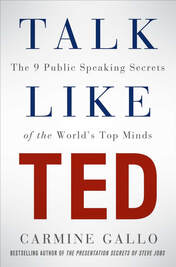
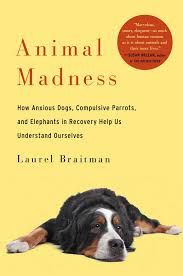
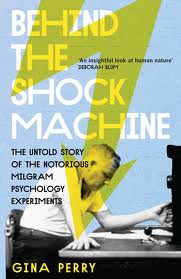
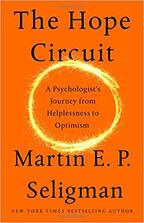

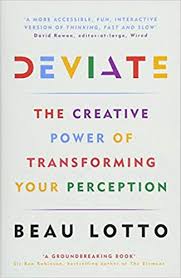


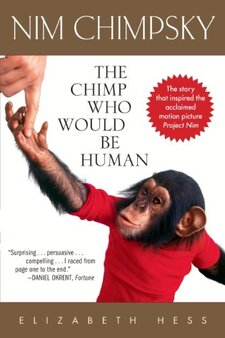



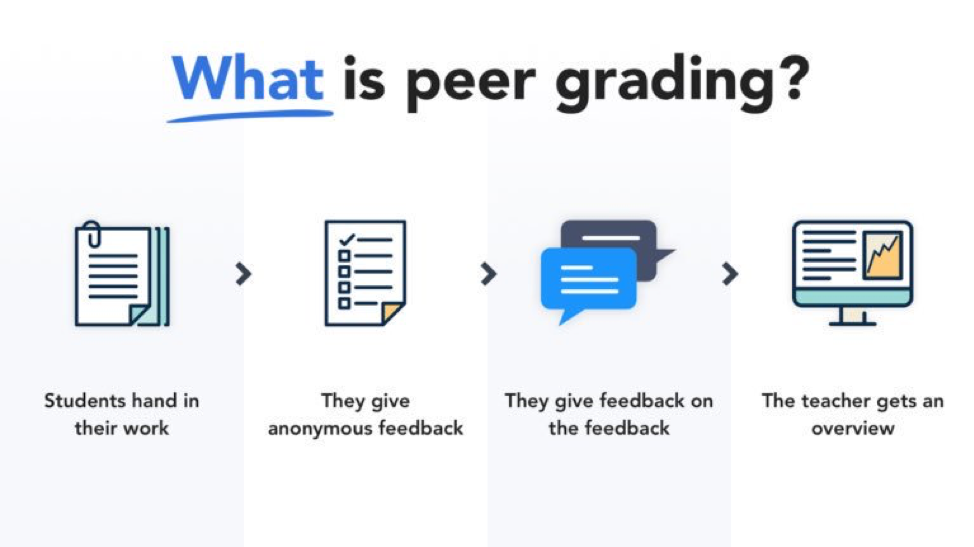











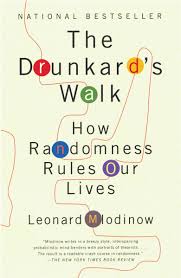
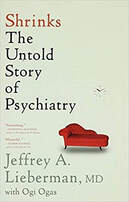
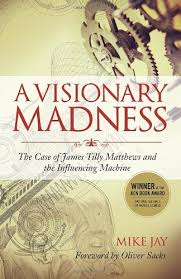
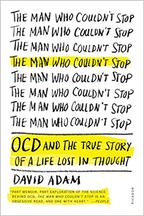

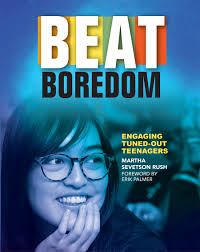
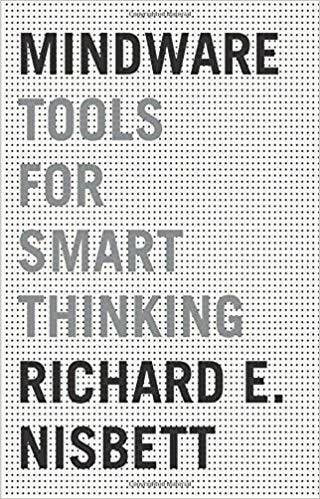
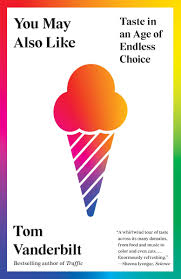
 RSS Feed
RSS Feed